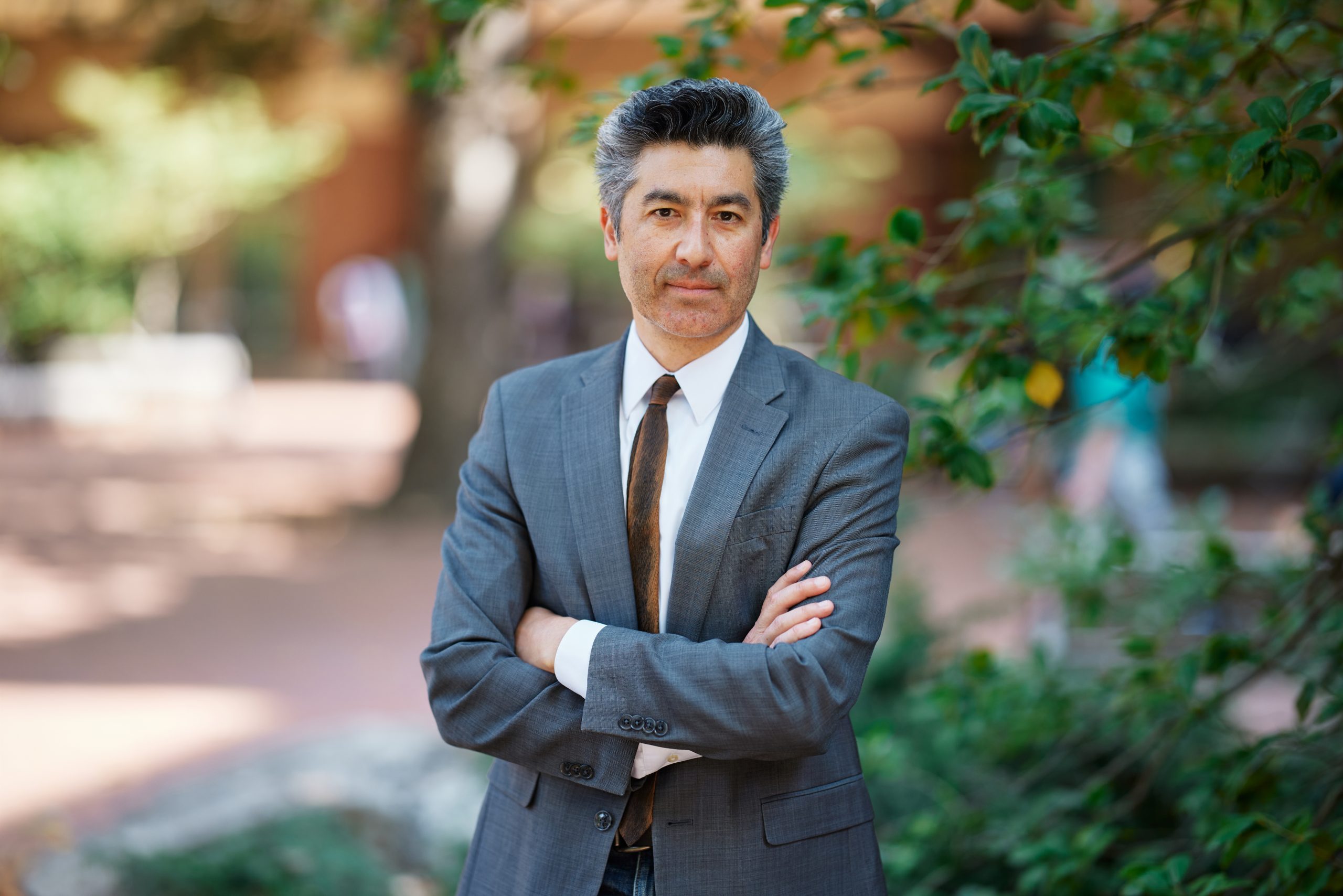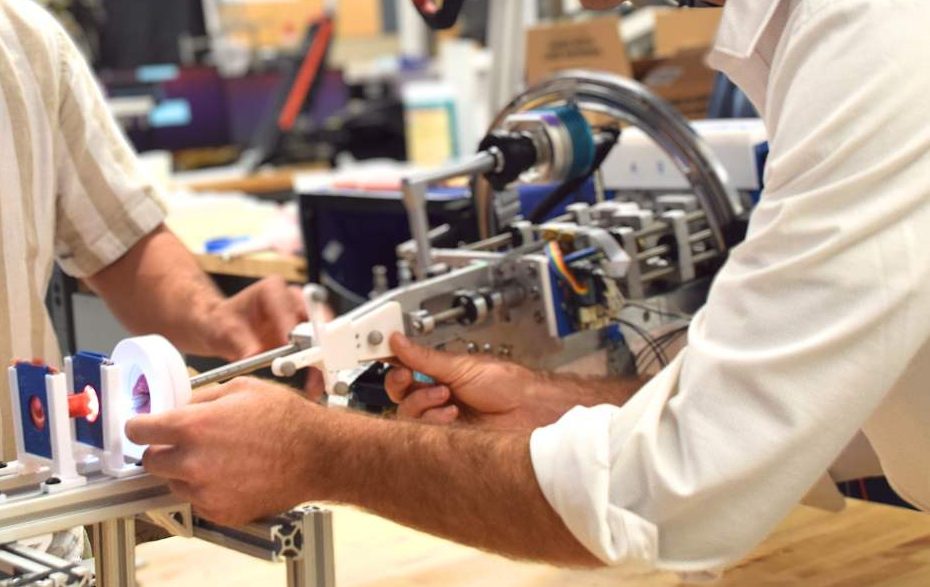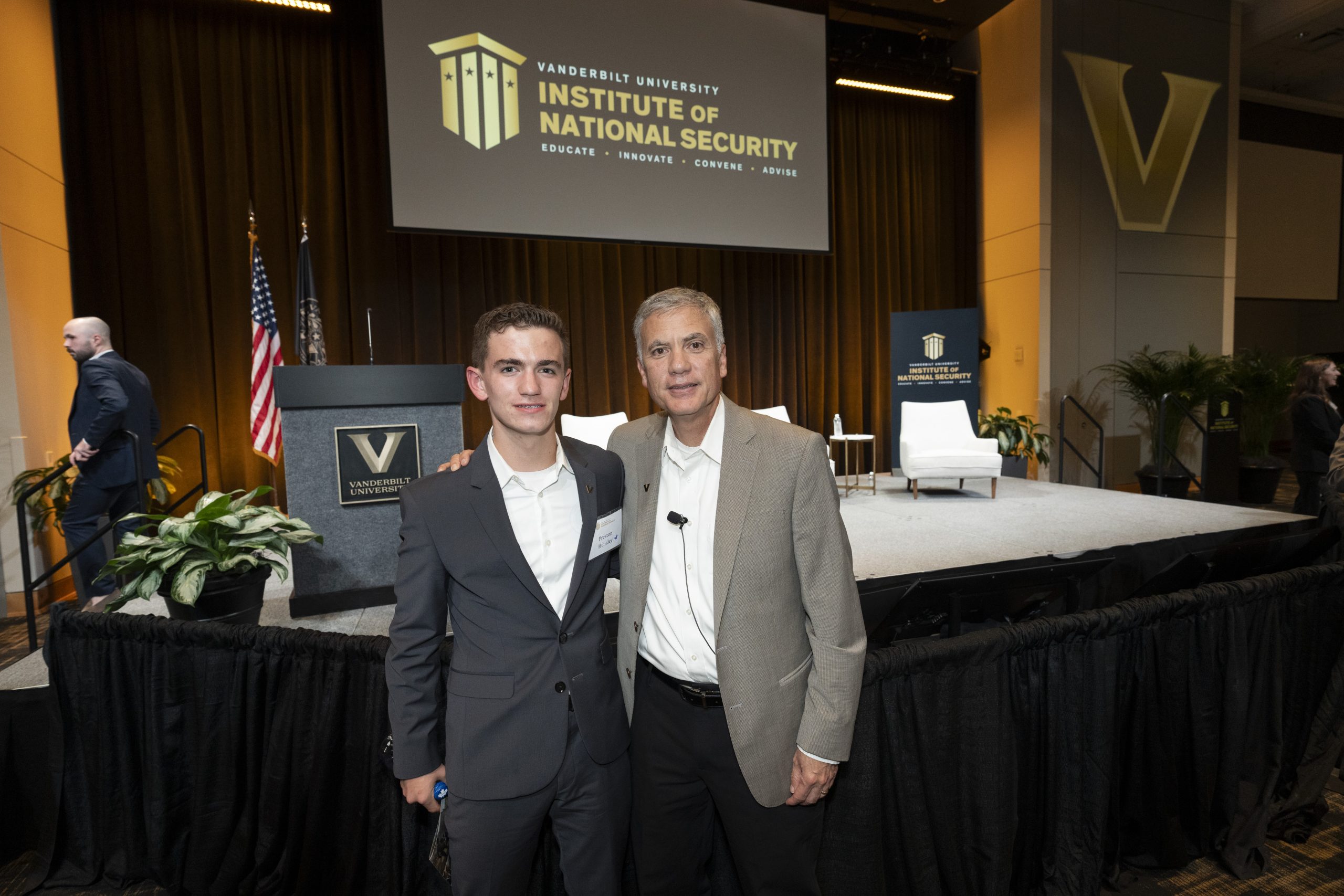Steven Wernke
Professor of Anthropology, Department Chair (Archaeology, Andes, Spatial Analysis)
Steven Wernke [website] is Professor and Chair of Anthropology at Vanderbilt University, director of the Spatial Analysis Research Laboratory, and director of the Vanderbilt Institute for Spatial Research. Prof. Wernke is an archaeologist and historical anthropologist of the Andean region of South America. His research takes place at the intersection of several disciplines: archaeology and history, prehispanic and colonial studies, anthropology and cultural geography. Prof. Wernke's interests center on the lived experiences of indigenous communities across the Spanish invasion of the Andes–especially how new kinds of communities, landscapes, and religious practice emerged out of successive attempts by the Inkas and the Spanish to subordinate and remake Andean societies in their own self-image. Methodologically, his work brings together analyses of archaeological and documentary datasets in geospatial frameworks.
Specializations
Archaeology and ethnohistory of the Andean region; colonialism and culture change; religious transformation; community and land-use organization; GIS, remote sensing, and geospatial analysis
Representative Publications
Books
Wernke, Steven A. 2013. Negotiated Settlements Andean Communities and Landscapes under Inka and Spanish Colonialism. Gainesville: University Press of Florida. (Awarded the SAA Book Award in 2015).
Journal Articles
2023 “Large-Scale, Collaborative Imagery Survey in Archaeology: The Geospatial Platform for Andean Culture, History, and Archaeology (GeoPACHA).” Steven A. Wernke, Parker VanValkenburgh, James Zimmer-Dauphinee, Bethany Whitlock, Giles Spence Morrow, Ryan Smith, Douglas Smit, Grecia Roque Ortega, Kevin Ricci Jara, Daniel Plekhov, Gabriela Oré Menéndez, Scotti M. Norman, Giancarlo Marcone, Manuel Mamani Calloapaza, Lauren E. Kohut, Carla Hernández Garavito, Sofía Chacaltana-Cortéz, Elizabeth N. Arkush. 2023. Antiquity. https://doi.org/10.15184/aqy.2023.177
2023 “A New View of Hillforts in the Andes: Expanding Coverage with Systematic Imagery Survey.” Arkush, Elizabeth, Lauren E. Kohut, Romuald Housse, Ryan D. Smith, Steven A. Wernke. Antiquity. https://doi.org/10.15184/aqy.2023.178.
2023 “Late Pre-Hispanic Fog Oasis Settlements and Long-Term Human Occupation on the Peruvian Central Coast from Satellite Imagery.” Marcone, Giancarlo, Geraldine Huertas, James Zimmer-Dauphinee, Parker Van Valkenburgh, Justin Moat, Steven A. Wernke. Antiquity. https://doi.org/10.15184/aqy.2023.179.
2023 “Augmenting Field Data with Archaeological Imagery Survey: Mapping Hilltop Fortifications on the North Coast of Peru.” Morrow, Giles Spence, Parker VanValkenburgh, Christopher Wai, Steven A. Wernke. Antiquity. https://doi.org/10.15184/aqy.2023.176
2023 “Managing Pastoral Landscapes: Remote Survey of Herding Infrastructure in Huancavelica, Peru.” Whitlock, Bethany, Parker Van Valkenburgh, Steven A. Wernke. Antiquity. https://doi.org/10.15184/aqy.2023.174.
2023 “Eyes of the Machine: AI-Assisted Satellite Archaeological Survey in the Andes.” Zimmer-Dauphinee, James, Parker VanValkenburgh, Steven A. Wernke. Antiquity. https://doi.org/10.15184/aqy.2023.175.
2023 “Thinking through the tool: collaborative archaeological bodywork in immersive virtual reality.” Giles Spence Morrow and Steven A. Wernke. Virtual Archaeology Review. https://doi.org/10.4995/var.2024.19806
2023 “Counter-Mapping Maroon Cartographies: GIS and Anticolonial Modeling in St. Croix.” Justin Dunnavant, Steven A. Wernke, Lauren Kohut. ACME: An International Journal for Critical Geographies. https://acme-journal.org/index.php/acme/article/view/2262
2023 “Characterizing residential mobility among people living with HIV in Tennessee and its impact on HIV care outcomes.” Aima A Ahonkhai, Aihua Bian, Natalie Robbins, Laurie A. Maurer, Kate Clouse, Leslie J. Pierce, Jessica M. Perkins. Steven A. Wernke, Bryan E. Shepherd, Meredith Brantley. AIDS. DOI: https://doi.org/10.1097/qad.0000000000003778
2023 “Geographic Variation in Cardiac Rehabilitation Access.” Meredith S. Duncan, PhD, Natalie N. Robbins, PSM, Steven A. Wernke, PhD, Robert S. Greevy, PhD, Sandra L. Jackson, PhD, MPH, Alexis Beatty, MD, MAS, Randal J. Thomas, MD, Mary A. Whooley, MD, Matthew S. Freiberg, MD, Justin M. Bachmann, MD, MPH. Journal of the American College of Cardiology 81(11):1049-1060. DOI: https://doi.org/10.1016/j.jacc.2023.01.016
2023 “Semi-Supervised Contrastive Learning for Remote Sensing: Identifying Ancient Urbanization in the South-Central Andes.” Jiachen Xu, Junlin Guo, James Zimmer-Dauphinee, Quan Liu, Yuxuan Shi, Zuhayr Asad, D. Mitchell Wilkes, Parker VanValkenburgh, Steven A. Wernke, Yuankai Huo. International Journal of Remote Sensing 44(6):1922-1938. DOI: https://doi.org/10.1080/01431161.2023.2192879
2022 “Lithic Landscape Models and Hydraulic Imaginaries in the Colca Valley, Peru.” Stephen Berquist and Steven A. Wernke. Journal of the Royal Anthropological Institute 28(3):828-853.
2022 “Explosive expansion, sociotechnical diversity, and fragile sovereignty in the domain of the Inka.” Journal of Social Computing 3(1):57-74.
2021 “Linking Past and Present Land-use Histories in Southern Amazonas, Peru.” Daniel Plekhov, Parker VanValkenburgh, Paul Abrams, Amanda Cutler, Justin Han, Alexis Jair Reátegui Díaz, Bryn Sullivan, Steven A. Wernke. Remote Sensing 13(12):2274-2293. https://doi.org/10.3390/rs13122274.
2020 “Interregional Archaeology in the Age of Big Data: Building Online Collaborative Platforms for Virtual Survey in the Andes.” Steven A. Wernke, Parker VanValkenburgh, and Akira Saito. Journal of Field Archaeology 45(S1):61-74.
2019 “Pathways through the Archaeology of Neighborhoods.” Archaeological Papers of the American Anthropological Association: Neighborhoods from the Perspective of Anthropological Archaeology, edited by David Pacifico and Lise A Truex, , pp. 180-184.
2019 “Fragility of Vulnerable Institutions in Andean States,” by Tom D. Dillehay and Steven A. Wernke. In The Evolution of Fragility: Setting the Terms, edited by Norman Yoffee, pp. 9-23. McDonald Institute for Archaeological Research, University of Cambridge.





